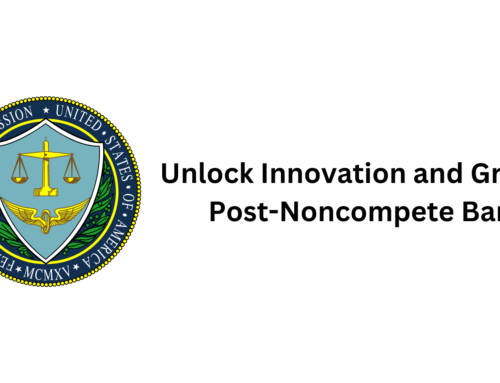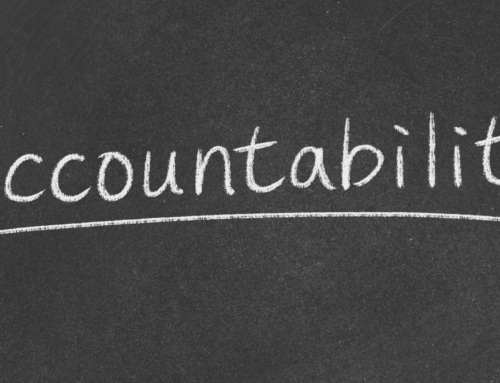
In a world where information travels faster than ever, the ability to manage a crisis effectively has become crucial for government departments. Effective crisis communication can mean the difference between public reassurance and unrest. Let’s explore how public departments can master this critical skill, ensuring they’re prepared to respond swiftly and efficiently in any situation.
Quick and Accurate Information Dissemination
In a crisis, timing is everything. The faster a department can provide accurate information, the more they can control the narrative. Immediate, transparent communication prevents misinformation and rumors from gaining traction, helping to maintain public trust.
Prepare and Plan Ahead
The key to effective crisis communication lies in preparation. Developing a comprehensive crisis communication plan is essential. This plan should include predefined communication channels, key messages, and protocols for various potential scenarios. Regular training and drills can ensure that when a crisis hits, your team knows exactly what to do.
Utilize All Available Channels
During a crisis, utilizing multiple communication channels ensures your message reaches as broad an audience as possible. This includes traditional media, social media, email alerts, and even direct text messages to citizens. Each platform serves a different segment of your community, and together, they create a comprehensive communication network.
Be Clear and Compassionate
Clarity and compassion must be at the heart of all communications. Use simple, direct language that can be easily understood by everyone. Acknowledging the concerns and fears of the public, while providing clear guidance, can help alleviate anxiety and build trust.
Consistent Updates
Once the initial message is out, consistent updates are crucial. Even if the situation remains unchanged, regular reassurance can prevent panic and keep rumors at bay. Each update should provide new information or repeat critical messages to ensure ongoing clarity.
Train Spokespersons
Having well-trained spokespersons who can handle media inquiries with confidence and authority is invaluable. These individuals should be able to convey empathy and maintain professionalism, even under pressure.
Review and Adapt
After the crisis has passed, it’s essential to review the effectiveness of your communication efforts. This review should include feedback from the public and media, what worked well, and what could be improved. Use this information to strengthen your strategy, ensuring better preparedness for future crises.
Call to Action: Enhance Your Crisis Communication with inMMGroup
Is your department ready to handle a crisis with expert communication strategies? At inMMGroup, we specialize in creating robust crisis communication plans that can safeguard your public image and maintain trust in critical times. Contact us today to learn how we can help you prepare for and master any crisis situation.
By implementing these strategies, public departments can not only manage crises more effectively but can also enhance their overall communication capabilities. Remember, in the face of a crisis, how you communicate is just as important as the actions you take.




